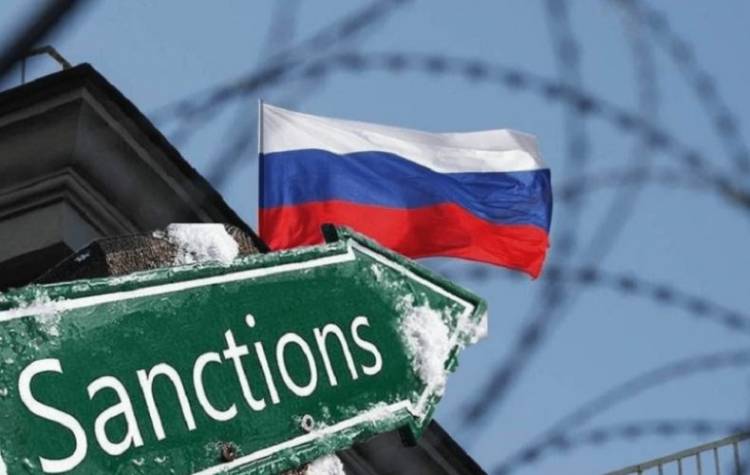
POLITICO: Shadow fleets help Russia circumvent sanctions, causing irreversible damage to the environment
Satellite imagery obtained by POLITICO shows the unforeseen consequences of efforts to hobble Russia’s war economy. British coast guards spotted something unusual around 100 kilometers off the Scottish shoreline: a dark stain, stretching 23 kilometers into the North Atlantic Ocean. According to an internal analysis prepared by the coast guard’s satellite services, the likely source of that stain was Innova, a tanker roughly the size of the Eiffel Tower that at the time was hauling 1 million barrels of sanctioned oil from Russia on its way to a refinery in India.
Yet the coast guard did little to investigate further, and the tanker—free from any repercussion—continues to trade oil today, helping fill the Kremlin’s war chest more than two years into its full-scale invasion of Ukraine. The Innova is just one of hundreds in the world’s so-called shadow fleet, a collection of often aging, poorly maintained ships sailing in defiance of Western sanctions—and spreading environmental harm without consequences. A joint investigation by POLITICO and the not-for-profit journalism group SourceMaterial found at least nine instances of covert shadow fleet vessels leaving spills in the world’s waters since 2021.
Swedish Foreign Minister Maria Malmer Stenergard told POLITICO the ships posed a “significant danger” to the marine environment. It’s a problem that’s only grown worse following Russian President Vladimir Putin’s full-scale invasion of Ukraine. With Moscow under Western sanctions, an increasing number of tankers are ferrying illicit goods—and potential environmental devastation—across the globe. Not only are these vessels creaky and largely unregulated, they’re often uninsured, meaning that in case of a leak, or more serious spill, a government would struggle to hold them accountable. POLITICO and SourceMaterial identified discharges everywhere from Thailand to Vietnam to Italy and Mexico, all linked to the shadow fleet. The tankers also passed through busy shipping corridors like the Red Sea and the Panama Canal, meaning any serious accident could rupture international trade routes.


